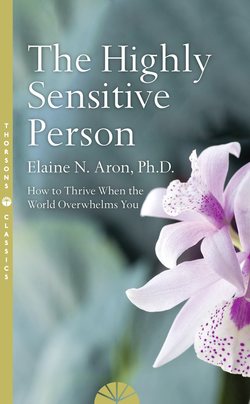Читать книгу The Highly Sensitive Person - Elaine N. Aron - Страница 29
Psychology’s Bias
ОглавлениеPsychological research is gaining valuable insights about people, and much of this book is based on those findings. But psychology is not perfect. It can only reflect the biases of the culture from which it comes. I could give example after example of research in psychology that reflects a bias that people I call HSPs are less happy and less mentally healthy, even less creative and intelligent (the first two are definitely not true). However, I will save these examples for reeducating my colleagues. Just be careful about accepting labels for yourself, such as “inhibited,” “introverted,” or “shy.” As we move on, you’ll understand why each of these mislabels you. In general, they miss the essence of the trait and give it a negative tone. For example, research has found that most people, quite wrongly, associate introversion with poor mental health. When HSPs identify with these labels, their confidence drops lower, and their arousal increases in situations in which people thus labeled are expected to be awkward.
It helps to know that in cultures in which the trait is more valued, such as Japan, Sweden, and China, the research takes on a different tone. For example, Japanese psychologists seem to expect their sensitive subjects to perform better, and they do. When studying stress, Japanese psychologists see more flaws in the way that the nonsensitive cope. There is no point in blaming our culture’s psychology or its well-meaning researchers, however. They are doing their best.
